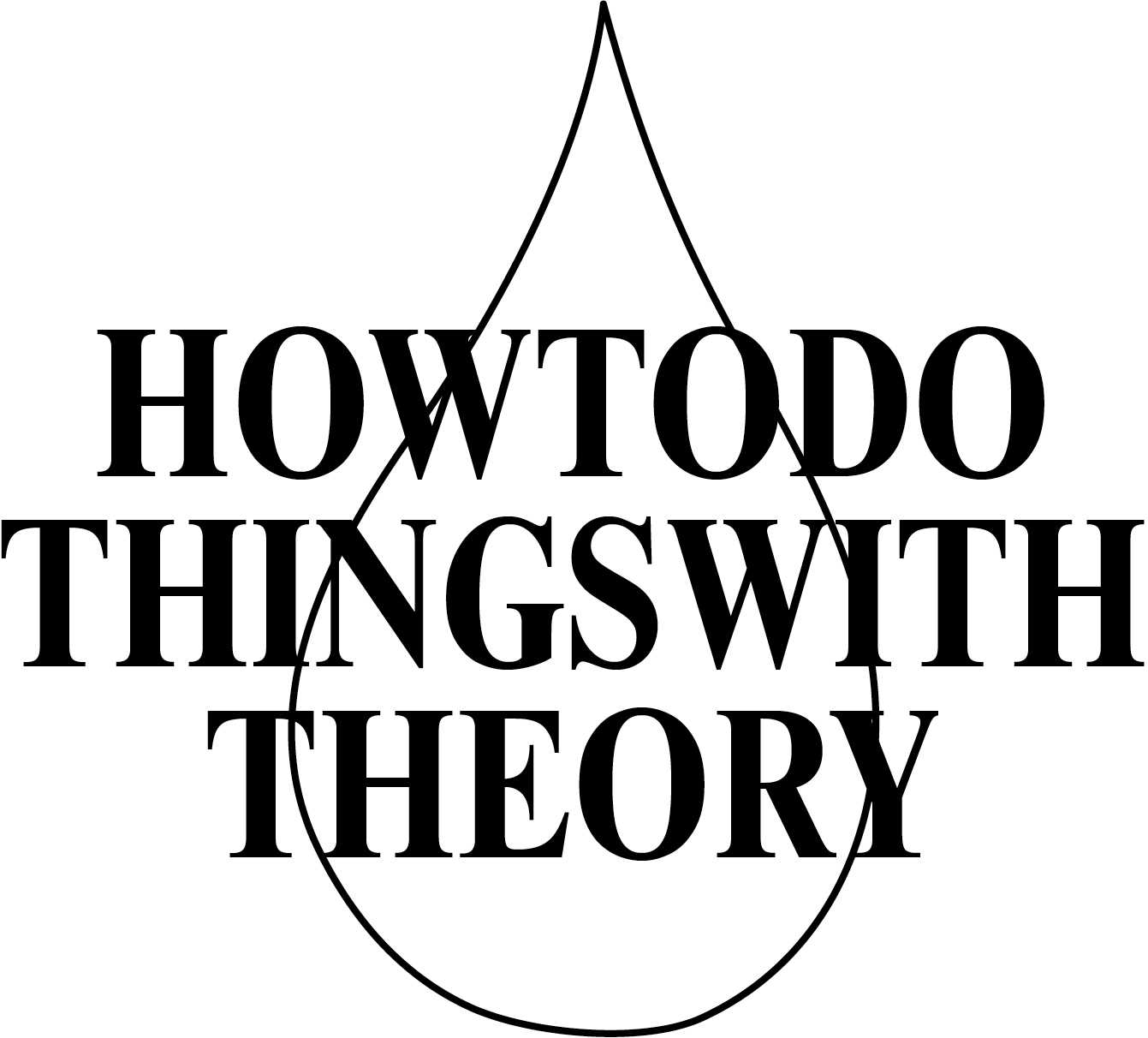Ciarán Wood: The Irish Question: Nostalgia’s shortcut and the articulation of Irishness
Advisor/tutor: Rachel O’Reilly
Arnhem, March 2020
Abstract
My contemporary artistic practice has persistently returned to questions of location, extimate biography, and the intimacy of geopolitical feeling, which might predominantly be indexed by my grandmother’s departure from Ireland c. 1951. Beginning with the notion of the “Irish Question” as an historical discourse and rhetorical negotiation between Britain and Ireland, this thesis explores an aesthetics of nostalgia, capable of shortcutting, and articulating Irishness. My approach re-reads but challenges dated (racialized, gendered) historical materialist narratives of capitalism, nation and migration, that the Irish Question brought to the forefront, in the first place.
While I reference the Irish Question in my own artistic work, in relation to my grandmother’s departure from Ireland in the 1950s, a major recurring feature in critiques of this practice is the extent to which my often under-articulated attachments to “Irishness” are assumed in advance to hold a form of nostalgia, and one that is sentimental if not regressive. Throughout, with a diagnostic lens, looking at strands of my artistic practice dealing with Irish identity, I will incorporate intersectional elements of my own questions of “Irishness,” which formulate a genuinely critical and intimate personal engagement, questioning how to be with history, even when it is no longer lived in.
Considering what is overlooked by Karl Marx and Friedrich Engels by confronting Irish history with feminist theories of primitive accumulation,1 I especially use the work of Silvia Federici, whose writing on women, the body, the land and primitive accumulation in Caliban and the Witch is important in the context of (amongst other things) understanding Ireland’s complex relationship with colonial England.2 Entering the Gaelic revival under Irish nationalism “by way of the field and the bog” I then consider the landscape tradition in Ireland in relation to my own practice and ask why the Irish question remains relevant in the “global” contemporary, and why it is important to the politics of my own artistic work.

